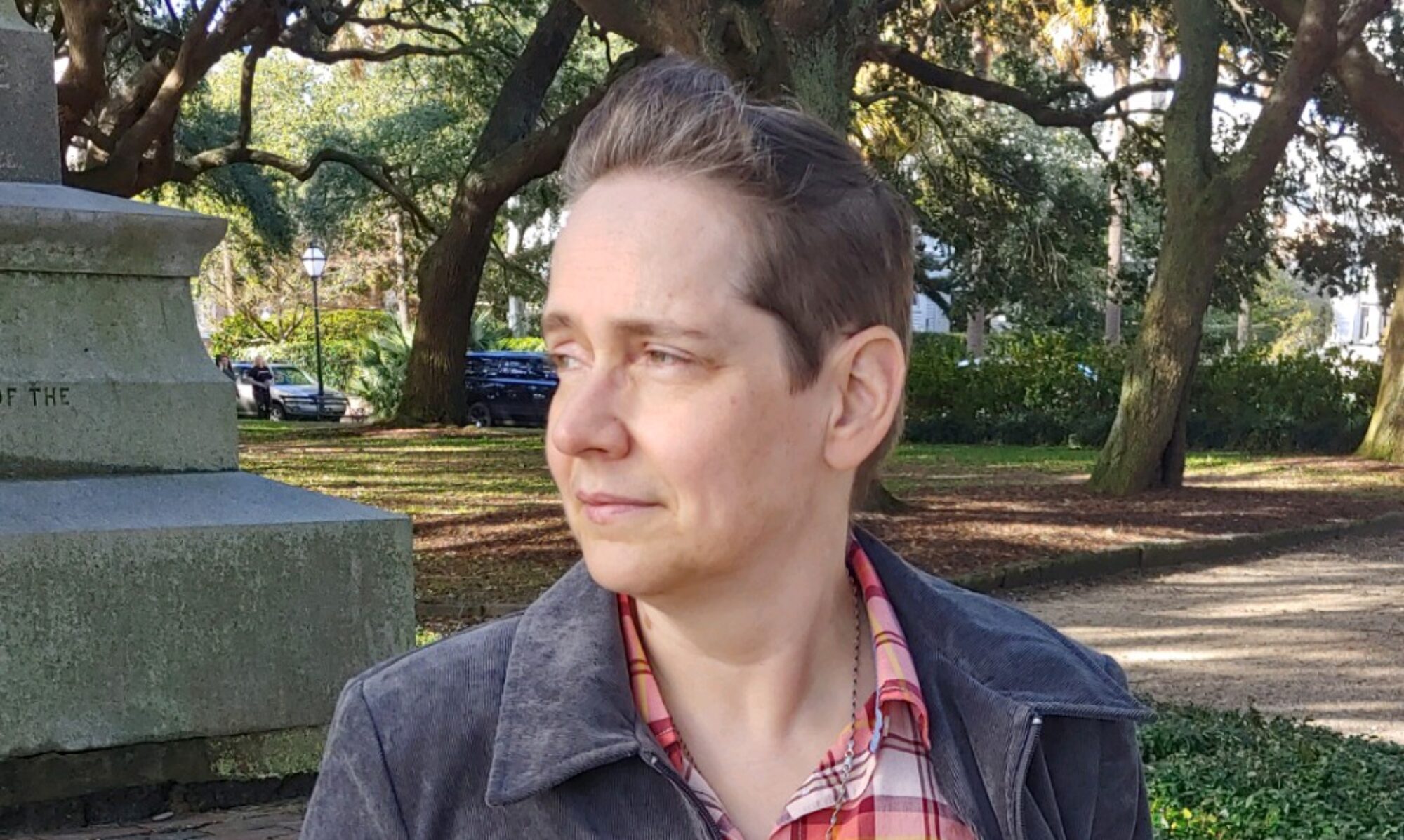Lesson 37: My holiness blesses the world.
In Matthew 9:13, Jesus makes it clear what lesson we are here to learn in this bodily world: “But go and learn what this means: ‘I desire mercy, not sacrifice.'”
The Greek word used for “mercy” in this passage means “kindness or good will.” The word used for “sacrifice” means “victim.” We have already learned in an earlier lesson that we are not the victim of the world we see. We only learn that when we begin to be willing to see the world differently and understand that what has been created out here was first created in our mind.
The world of fear, despair and greed we perceive together is a misuse of our creative powers. We have created a world where “sacrifice” is seen as a good and noble thing. We’ll sacrifice our lives for others, we’ll sacrifice our time, our belongings, our peace of mind. It sounds so generous. But we are not called to sacrifice, this lesson tells us, because sacrifice creates separation. It creates a sense of specialness.
You know plenty of people who take pride in the sacrifices they have made for others – for their kids, their family, their friends and their bosses. They can recount everything they’ve given up for the pleasure and comfort of others. It makes them feel special – and it makes them feel like a victim – a doormat taken advantage of by others.
Sacrifice has no meaning to the higher, divine self, precisely because of the lesson today’s idea seeks to teach. When we view the world through our holiness – when we understand that at our core, we are good and innocent – and so is everyone else – doing for others, seeing them as holy and not victims, isn’t a sacrifice at all. It’s who we really are.
We are here to be of service to each other, for each other, and whatever we do for one another is no sacrifice at all if we approach the world through our holiness. To be holy means to be “whole.” When we sacrifice in the ego world, we feel like we lose something – be it time, money, peace of mind or power. We feel less than whole. But in Reality – with that capital R – we’re never made “less than,” we’re simply extending our holiness. When we give from our wholeness, nothing is ever taken away from us because our wholeness is who we really are.
Giving and receiving are the same thing A Course in Miracles teaches, and whenever we are giving, or receiving, we are not diminished or made greater – we are simply an open channel that flows out and takes in God’s love in a never-ending circulation of wholeness and holiness.
This notion of sacrifice – of becoming less than whole to help others – is ridiculous. Nothing diminishes us and giving up the idea of sacrifice making us victims – or superheroes in our specialness – is how we overcome the ego’s insanity.
In The Manual for Teachers the Course seeks to help us give up this idea of sacrifice and victimhood: “Is it a sacrifice to give up pain? Does an adult resent the giving up of children’s toys? Does one whose vision has already glimpsed the face of Christ look back with longing on a slaughter house? No one who has escaped the world and all its ills looks back on it with condemnation. Yet he must rejoice that he is free of all the sacrifice its values would demand of him. To them he sacrifices all his peace. To them he sacrifices all his freedom. And to possess them must he sacrifice his hope of Heaven and remembrance of his Father’s Love. Who in his sane mind chooses nothing as a substitute for everything?”
The whole mission of the Course is to help us change our perception of this world. Once we accept that we are holy, and so is everyone else, we will act compassionately and lovingly in this world because that’s who we are – not because we expect kudos or sympathy because of some perceived “sacrifice.”
Such a holy vision of the world, Hafiz says, prepares us to hear God’s voice in every moment.
It was beautiful, it was so beautiful one night
we all began to expect God would speak
from the waves reaching towards
the millet fields,
from the mouths of the hanging sky
ornaments crooning in light’s infinite codes,
from the glance of children and plants
and hills playing with effulgent life.
It was beautiful, it was so beautiful one night
we all began to expect God would speak.
Photo by David Cassolato from Pexels


Wonderful!